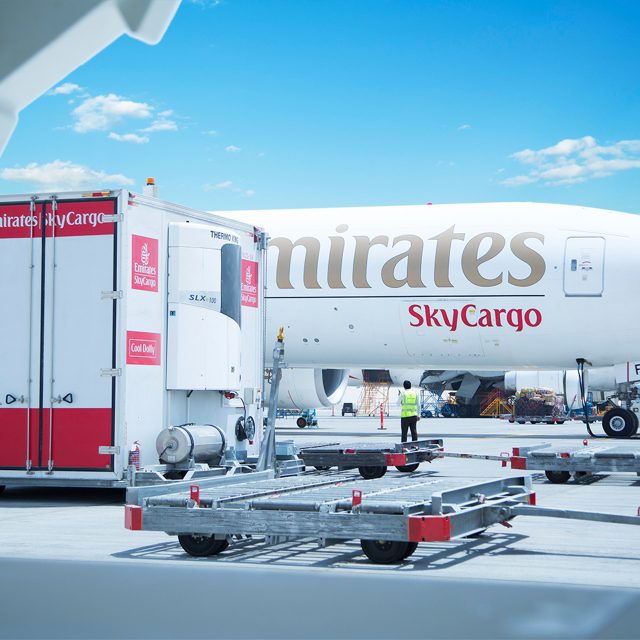Italy has a central role to play in Europe’s response to growing security challenges in the Mediterranean region, but the current government’s “suicide diplomacy” is reducing its influence in the European Union and NATO just when it needs their support, according to a timely new report by Friends of Europe published this week.
The study by Friends of Europe Senior Fellow Paul Taylor, a columnist for POLITICO and veteran former foreign correspondent for Reuters, shows how long-term trends of climate change, demography and state fragility are fueling great power rivalry, resource conflicts, radicalization and Jihadist terrorism, and the smuggling of people, arms and drugs in North Africa, the Sahel and the Near East. This poses mounting threats to European security and stability which can only be mitigated through much closer, more far-sighted cooperation between the EU and NATO.
Based on interviews with nearly 50 present and former European Union, NATO, Italian, French and US policymakers, a former prime minister, ex-ministers, military commanders, politicians, diplomats, industry executives, non-government activists and strategists, the report analyses the errors of EU, NATO and coalitions of the willing in the region. Taylor notes a worrying tendency to back local “strongmen” in short-sighted efforts to clamp a lid on terrorism and migration that risks aggravating alienation and radicalization among young people in Arab and Muslim countries.
“EU and NATO policies towards the greater Mediterranean region since the end of the Cold War have largely failed, stalled or – in the worst case of the 2011 intervention in Libya – aggravated the chaos,” he writes.

“It’s time to draw lessons from what didn’t work and to join forces to design and execute more consistent and effective policies. Italy will be at the centre of that effort. Its input is essential. Little will go right if Italy is at loggerheads with its main European partners, nor while France and Italy are waging what resembles a proxy war in Libya.”
The report examines Italy’s often unfairly undervalued role in international peacekeeping and security missions under UN, EU and NATO mandates, in coalitions of the willing and bilaterally. It explains how Rome has to struggle to make its voice heard in these organizations, leading to frustration and a sense of being sidelined, and hence to a perception that Italy is “very agitated” or “molto agitato” – as musicians and the shipping forecast put it.
Taylor reveals fascinating aspects of Italy’s opaque defence budgeting process – designed to convince allies that Rome is doing more while reassuring voters that it is spending less. The system – with spending spread across several ministries and budget lines – creates perverse incentives to retain more old soldiers than Italy needs, to buy new equipment rather than repair or sell old kit, and to hang on to unused barracks and military real estate rather than privatizing it to generate more budget resources.
The report pinpoints the poor state of relations between France and Italy – a toxic blend of French arrogance and Italian resentment – as a major obstacle to more coherent European policy in the wider Mediterranean region. Taylor recommends a “grand bargain” between Paris and Rome to restore political and industrial cooperation on a range of issues.
Chapter 1 surveys the strategic situation in the wider Mediterranean region and the multiple challenges facing Europe and Italy.
Chapter 2 examines Italy’s troubled relationship with the EU and political constraints on security cooperation.
Chapter 3 explores the role and resources of the Italian armed forces and defence industries, their international partnerships and domestic positioning.
Finally, chapter 4 draws lessons and offers recommendations for how Italy and its European and Atlantic partners can work together better to stabilise a region in turmoil.
The main recommendations include:
· a new European Union approach to partner countries, taking better account of the needs of young people in the region for education, travel opportunities and jobs;· a new division of labour between the EU and NATO to maximize each organization’s toolbox for projecting stability, building institutions, promoting education and managed labour mobility partnering in development, opening trade and fighting climate change;
· a Franco-Italian grand bargain to overcome disputes that are hobbling efforts to stabilize Libya, develop a coherent European foreign and defence policy, build a more integrated European defence industry and pursue mutual economic benefit through investment and infrastructure; and,
· a major relaunch of reforms of the Italian armed forces to adapt to 21st century challenges, boost efficiency and effectiveness through more centralized inter-service leadership, make the opaque defence budget more transparent and efficient, shift resources from excessive personnel costs to desperately missing maintenance, training and exercising, and aligning arms procurement projects with European strategic priorities.




